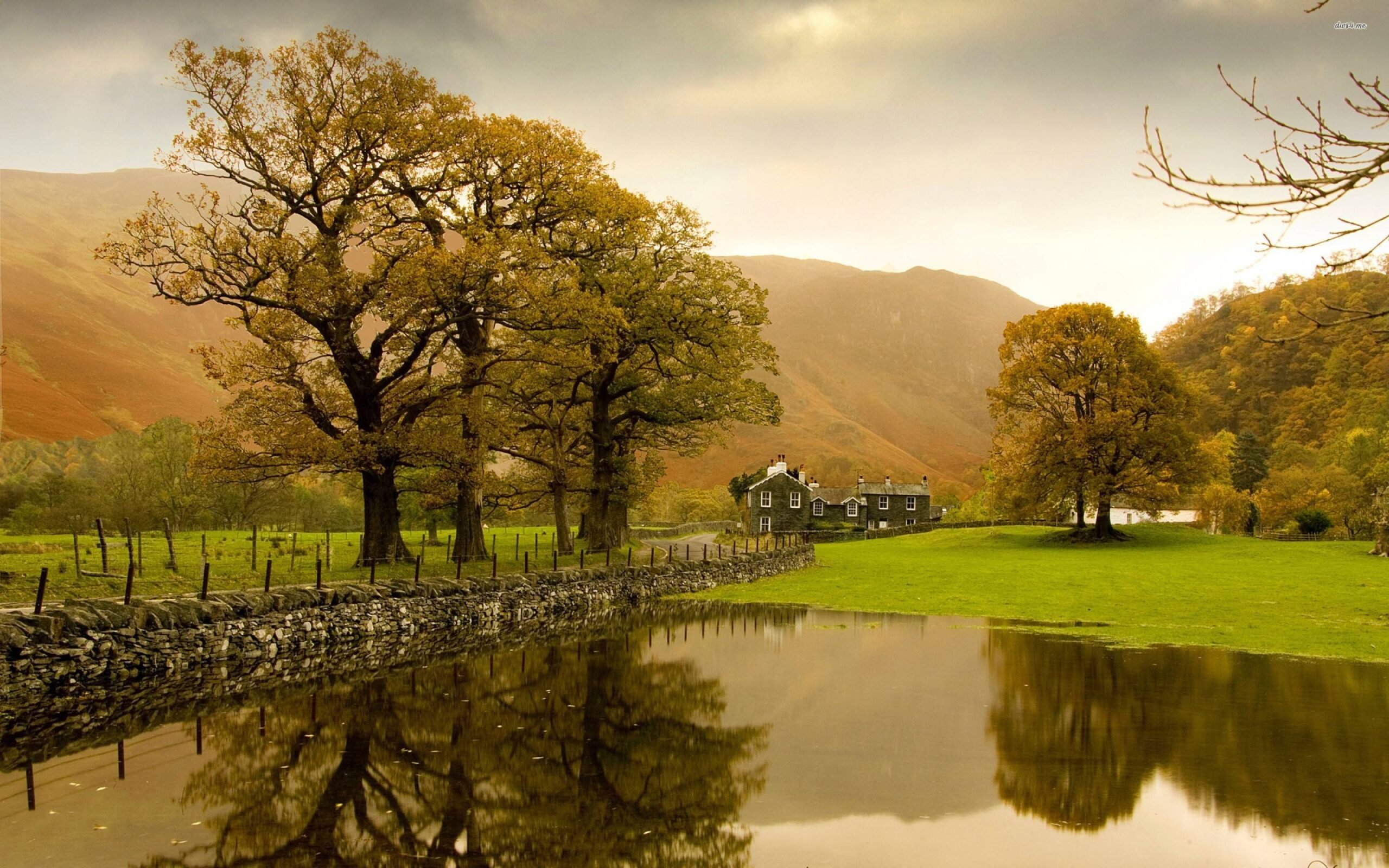The Bahá’í teachings advocate for a harmonious relationship between humanity and nature, emphasizing the importance of living in environments that foster spiritual growth and well-being. When we delve into the theme of countryside homes, it invites us to contemplate the profound connection between the human spirit and the natural world. This exploration raises an intriguing question: Does the tranquility of pastoral living enhance our spiritual well-being, or does it present a unique set of challenges that impede our personal growth?
One could argue that the quintessential rural abode encapsulates a serene retreat away from the cacophony of urban life. This idyllic setting resonates with the Bahá’í principle of unity with nature. The countryside is often perceived as a bastion of untamed beauty, where the intrinsic rhythms of the earth can inspire reflection and elevate one’s spirit. The verdant landscapes, delicate wildflowers, and soothing soundscapes orchestrated by nature collectively summon an appreciation for the Creator’s magnificence.
The Bahá’í teachings stress the significance of fostering environments conducive to spiritual development. By residing in the countryside, individuals may find themselves more attuned to the natural order. The simple act of witnessing the changing seasons can invoke a deeper understanding of life’s cyclical nature. Such proximity to the environment can lead to a profound sense of gratitude and reverence for creation, virtues highly cherished within Bahá’í philosophy.
However, the allure of rural living is not without its complications. One must ponder: does this embrace of nature lead to an introspective isolation that jeopardizes one’s engagement with broader society? While the countryside offers solace and beauty, it can also engender a detachment from the world’s complexities and the pressing social issues that Bahá’ís are called to address. This presents a conundrum: how does one strike a balance between nurturing the spirit and remaining active participants in the advancement of society?
The Bahá’í faith encourages community building irrespective of one’s geographical location. Rural homes can serve as sanctuaries for communal gatherings, fostering unity and cooperation among neighbors. By transforming these tranquil abodes into hubs of social engagement, individuals can cultivate an environment where spiritual and social needs harmoniously coexist. The concept of ‘consultation’ within the Bahá’í teachings becomes especially relevant here, enabling individuals to express their thoughts, share ideas, and collaboratively tackle community endeavors.
Countryside living also intrinsically links to the idea of self-sufficiency and sustainability, vital elements in the Bahá’í view of stewardship. As global challenges such as climate change loom large, the practices nurtured in rural settings—such as organic farming and conservation—can serve as exemplary models of responsible living. The self-reliance cultivated in these homes offers opportunities to align daily activities with Bahá’í principles of justice and equitable resource distribution.
It is also essential to explore the psychological benefits associated with residing in such environments. The expansive skies, star-studded nights, and vast expanses of green can saturate the soul with tranquility, providing a therapeutic respite for stressed urban dwellers. From a Bahá’í perspective, this peace is not merely for personal benefit; it serves as a foundation for contributing positively to one’s community. Psychological well-being must accompany spiritual development, creating a holistic approach to nurturing the human spirit.
Yet, we cannot dismiss the potential downsides. The romanticization of countryside living often glosses over issues such as economic isolation, limited access to education and healthcare, and, crucially, the challenge of nurturing diversity in social interactions. The Bahá’í teachings emphasize the importance of diversity as a strength, so how do we cultivate a vibrant community that respects and values human differences in a rural setting? This pivotal question invites critical reflections on the nature of community dynamics.
The challenge, therefore, is to embrace the rich tapestry of life that all settings—urban and rural—offer, drawing inspiration from each to augment our spiritual journey. Rural life can provide a powerful backdrop for fostering virtues like patience, humility, and gratitude, but it must also be approached with the awareness of the need for active engagement with the broader fabric of society. Bridging these seemingly disparate worlds enables individuals to navigate their spiritual pathways while simultaneously advocating for the welfare of all.
Moreover, the Bahá’í teachings emphasize the principle of the oneness of humanity, which can enrich the rural experience through inclusive practices. Engaging local populations and extending a hospitable hand towards diversity can transform a solitary existence into a dynamic portrait of collective growth. The challenge lies in embracing the duality of countryside living: the nurturing of the spirit alongside the advocacy for communal cohesion. The true essence of a fulfilling life may well reside in this balance.
In conclusion, as we reflect on “Bahá’í Teachings: Countryside Homes and the Human Spirit,” we are led to recognize that both the joys and challenges of rural dwelling can create fertile ground for spiritual nourishment. Through mindful engagement with both self and community, individuals can cultivate lives rich with purpose, grounded in the principles of the Bahá’í faith. The virtues instilled in the embrace of nature and the heart of society invite us to explore a holistic approach to spiritual fulfillment.
